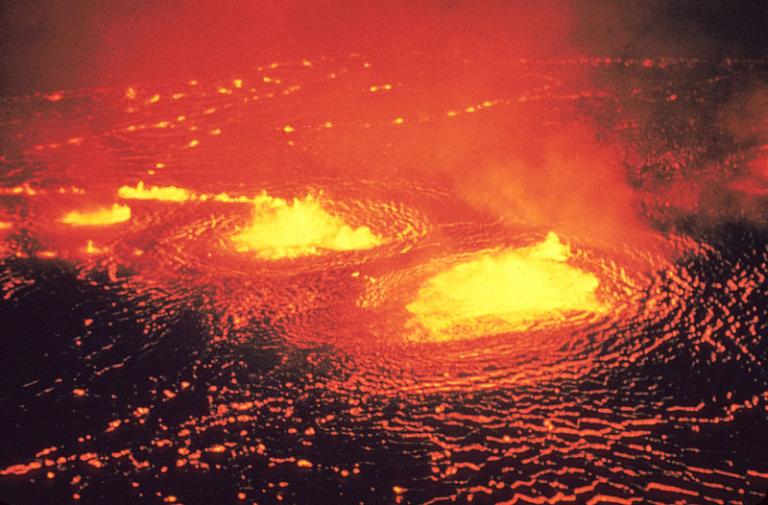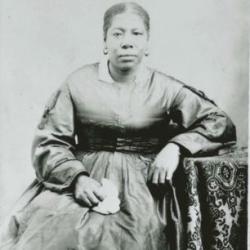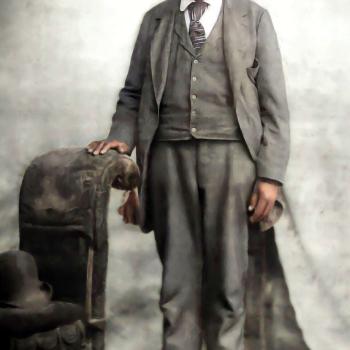
Today’s reading, Alma 12, contains far more than I will be able to discuss here. But I want to comment very briefly on a couple of passages.
1.
It is given unto many to know the mysteries of God; nevertheless they are laid under a strict command that they shall not impart only according to the portion of his word which he doth grant unto the children of men, according to the heed and diligence which they give unto him. And therefore, he that will harden his heart, the same receiveth the lesser portion of the word; and he that will not harden his heart, to him is given the greater portion of the word, until it is given unto him to know the mysteries of God until he know them in full. And they that will harden their hearts, to them is given the lesser portion of the word until they know nothing concerning his mysteries. (Alma 12:9-11)
I’ve seen these principles in action. To me, they’re empirical realities, not mere articles of faith.
Specifically, I seen minds so darkened that they can no longer understand things that I personally know they once understood. It’s been more than a little unnerving to watch, frankly.
I’ve also, unfortunately, had the experience of speaking too publicly about things that the Spirit had told me not to bring up. It has never gone well. It’s always been unpleasant and I’ve always felt that I had betrayed a trust.
2.
Then if our hearts have been hardened, yea, if we have hardened our hearts against the word, insomuch that it has not been found in us, then will our state be awful, for then we shall be condemned. For our words will condemn us, yea, all our works will condemn us; we shall not be found spotless; and our thoughts will also condemn us; and in this awful state we shall not dare to look up to our God; and we would fain be glad if we could command the rocks and the mountains to fall upon us to hide us from his presence. But this cannot be; we must come forth and stand before him in his glory, and in his power, and in his might, majesty, and dominion, and acknowledge to our everlasting shame that all his judgments are just. (Alma 12:13-15)
I tend to take the physical torments associated with Hell metaphorically. But I can well imagine the agony of guilt and the consciousness of our betrayal, as well as the urgent but futile desire to hide from the Person that we’ve wronged — and whom, we’ll have realized by then, we had already known and even loved before we came into this mortal life. Our Father won’t need to send little imps to prod us with pitchforks. We’ll do that, and more than that, ourselves.
3.
Then, I say unto you, they shall be as though there had been no redemption made; for they cannot be redeemed according to God’s justice; and they cannot die, seeing there is no more corruption. (Alma 12:18)
Even the release of death will be denied to them. There will truly be — more truly than Sartre knew — “No Exit.”
Not, anyway, as far as we now know. However, I retain a quasi-universalistic optimism. I hope that pain will come to an end for all, eventually.
I’ve always liked the reply of Pope St. John Paul II, when he was asked whether a Christian must believe in Hell. “Yes,” the Pope replied, “but we can hope that it will be empty.”














